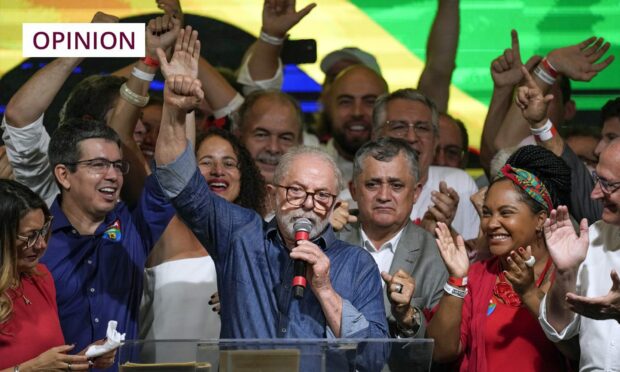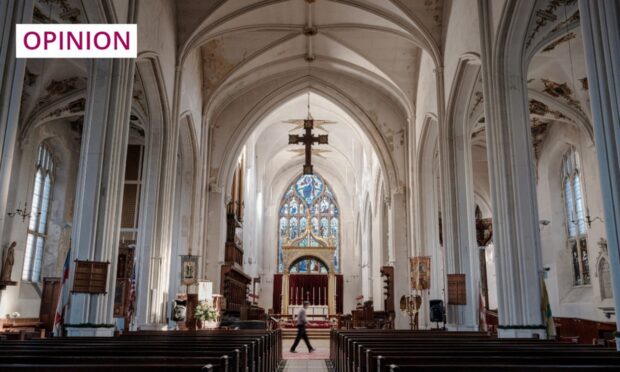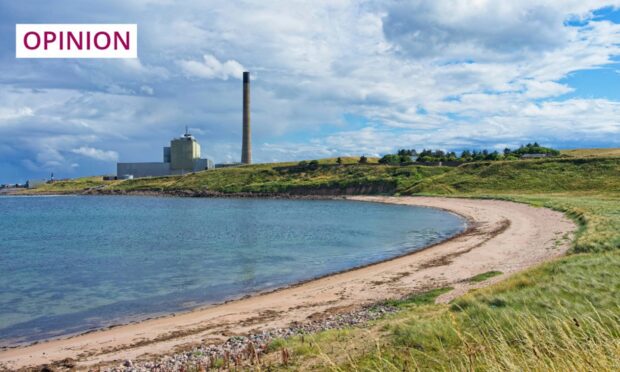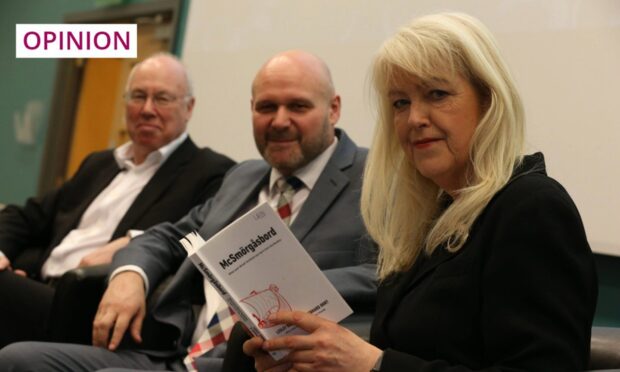On the morning of Halloween, I made my way to the pharmacy to get eye drops.
It was a grey, autumn day and, yet, I could smell spring in the air. My eyes, it turned out, were bruised by hours and hours of uninterrupted crying. The ecstatic, body-shaking sobs proved too much for my poor pair of corneas.
The crying came as release, trapped within for a long four years.
It was also autumn when I first landed in Aberdeen, a few weeks before the 2018 Brazilian presidential elections. A good friend had just welcomed a little girl, with red cheeks and big blue eyes.
She is a little human of her own now; legs sprinting across tarmac and dirt with gusto, feet confidently planted on bike pedals. That’s how long four years are – enough to form a small person. To me, it was an eternity.

Cultural displacement coupled with a global pandemic and topped by the guilt of not being at home at a time when my country was being ruthlessly ravaged by the hands of an authoritarian government proved overbearing, making any sense of joy a fleeting one.
In October 2018, Brazil elected Jair Messias Bolsonaro. Despite a lifetime in the military and decades in government, the man had little to show for it but sheer incompetence.
Bolsonaro’s election campaign was built on hatred
From the gutter that is his mouth, words spewed like toxins, aimed to hurt and harm all minorities alike. Here is a small selection of what the politician has publicly said:
“I would never pay women the same salary as men. Workers need to choose between having rights or having a job. The dictatorship’s [Brazil’s military dictatorship, which murdered and tortured thousands] biggest mistake was to torture instead of killing. My sons are not at risk of dating Black women because they were well-educated. I’d rather see my son dead than with another man. I would never rape you because you don’t deserve it [when speaking to a congresswoman].”
It would take a few entire editions of the newspaper (or a lengthy series of online columns) to dig into the historical and sociopolitical tides that allowed for a man like Bolsonaro to be elected president of a healthy democracy like Brazil. But, on a larger scale, the choice reflected a global shift to right-wing politics that threatened to send time back a century.
Bolsonaro’s campaign was built on hatred disguised as economical concerns, and flattery aimed at the high and middle classes, who were easily swayed into believing the socioeconomic ascension of the poor was an active threat to their status quo.
Dread during Covid
Tragically, the Covid-19 pandemic coincided with Bolsonaro’s mandate. As thousands struggled to breathe, cemeteries overwhelmed by demand, the president made light of the virus, mocking victims and families alike.
The vaccine, according to the politician, could turn people into alligators – best not to risk it. “I am not a gravedigger.” he exclaimed when asked about the almost 700,000 lives lost to Covid.
During those long months, I woke up every morning thinking of my immunosuppressed dad, locked in a small apartment, living in dread as Bolsonaro refused to roll out a vaccine campaign. From almost 2,000 miles away, I ached, my joints stiff with anger, my body heavy with helplessness.
It was my dad who instilled in me an early love of politics. Not the complex machinations of the judicial system or the mind-numbing ins and outs of Congress laws, but politics at its core: a desire to better society through the ordered hands of democracy.
My education was rooted in empathy, and a firm belief that the only way forward is through equality and widespread access to health, education and culture.
Tears as Lula was elected president
I was only seven when my dad took me by the hand and walked me to the polls, where he proudly voted for Lula in the 2002 presidential elections. I still vividly remember the red enamel pin, shaped like a star, attached to my dad’s T-shirt, and the catchy lyrics of the campaign jingle he happily whistled to.
I could feel my dad’s hand in mine as I walked to the pharmacy to fetch eye drops. Just a few hours prior, Lula had, once again, been elected president of Brazil; his third mandate after years of judicial turmoil aimed at turning him into a pariah.
As the final votes were counted, ending a tensely tight race, I wept as I had never wept before. I wept for the years my dad spent in fear, for the 700,000 lives lost, for those who were brutalised. For the country I love, at last, freed to find its way back to hope.
What a beautiful thing: hope. My eyes swell at the thought. Good thing I have eye drops at hand.
Rafa Sales Ross is a writer from Aberdeen













Conversation